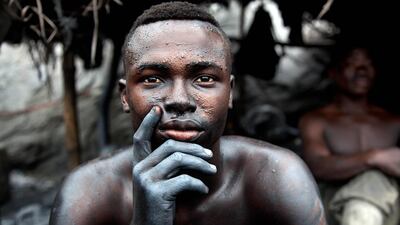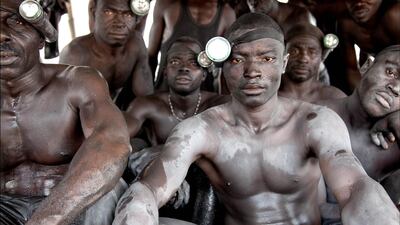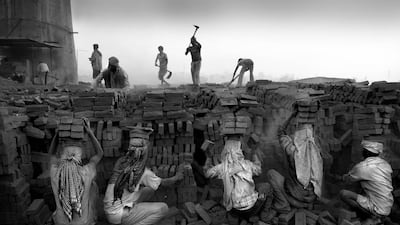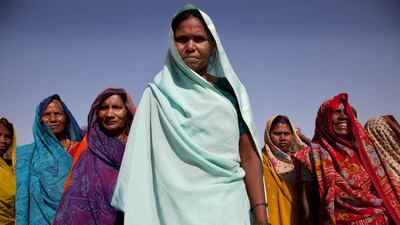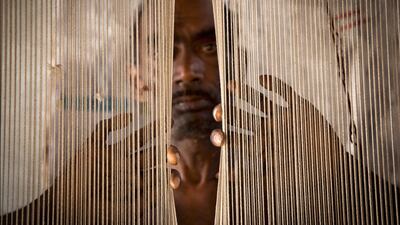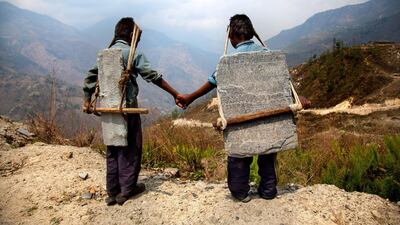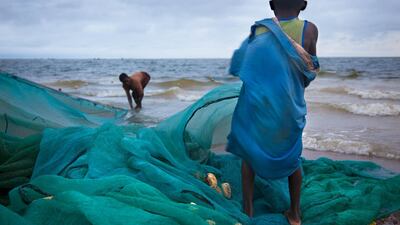As coronavirus restrictions are lifted in the UK, authorities are concerned that children could be further exploited by modern slavery after the number of referrals made to England's local councils soared over the past five years.
Referrals of suspected child victims of slavery in England have increased by 1,400 per cent in five years, putting children's services under growing and significant pressure, the Local Government Association (LGA) has warned.
England's national membership body for local councils has simultaneously raised concerns that the lifting of Covid-19 restrictions could lead to more exploitation as businesses reopen.
Many businesses emerging from lockdown may lack money to pay staff and could take advantage of people who have been made more vulnerable by the pandemic.
The closing of certain high-risk businesses such as nail bars has left trafficking victims further removed from the public eye and harder to identify and rescue, the LGA said.
The warnings from the government association follow a report earlier this month that outlined how there may be 10 times the reported number of victims of modern slavery in the UK.
According to the Centre for Social Justice (CSJ) and the slavery support network Justice and Care, there were at least 100,000 victims of modern slavery living in the UK, a figure that far surpasses the 10,000 estimated by a government study in 2017.
The LGA has said estimates of the number of victims of modern slavery in Britain range from 13,000 to more than 130,000, with the overall cost to UK society estimated at between £3.3 billion and £4.3bn (Dh15.8bn to Dh20.5bn).
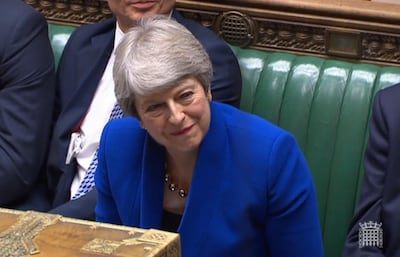
Former UK home secretary Theresa May made the Modern Slavery Act, passed in 2015, one of her flagship policies before she became prime minister.
Since the protections were passed, however, thousands of children have continued to be trafficked in the UK.
The latest statistics show the number of council referrals of suspected child victims of modern slavery to the National Referral Mechanism – the UK’s framework for referring and supporting victims – has risen from 127 in 2014 to 1,971 last year, a staggering increase of more than 1,400 per cent.
The rate of these child referrals increased by 71 per cent in one year alone, with the number of referrals in 2018 standing at 1,152. Children accounted for 91 per cent of all referrals made by councils in England in 2019.
“Modern slavery is happening in local communities everywhere, with high-street services such as car washes and nail bars being high-risk sectors for exploitation,” Nesil Caliskan, chair of the LGA’s Safer and Stronger Communities Board, said.
“The public should look out for telltale signs, including people who may be dressed inappropriately for the work they are doing, or who appear frightened or withdrawn at work.
“Everyone needs to report any suspicious behaviour to help rescue people living wretched lives under coercion,” he added.

